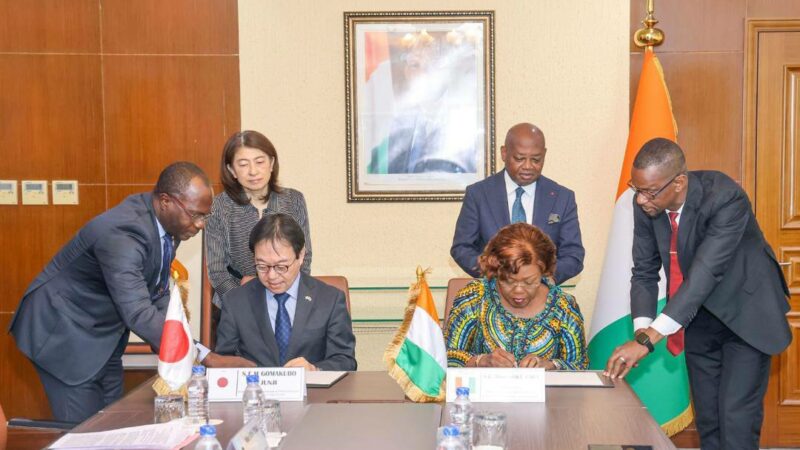Nigerian Federal Executive Council Approves Over N1.4 Trillion for Road Infrastructure Projects

The Federal Executive Council (FEC) has given the green light to a substantial investment in road infrastructure across Nigeria, approving over N1.4 trillion for various key projects. This decision was announced following the FEC meeting held on Monday in Abuja, as reported by the Minister of Works, David Umahi.
A significant portion of the allocated funds, N470.9 billion, will be dedicated to the construction of an access road in Delta State. Furthermore, N148 billion has been earmarked for the access road leading to the Second Niger Bridge in Anambra State.
The crucial Lagos-Ibadan Expressway (Phase 2, Section 1) project has received N195 billion for its reconstruction, financed through the Presidential Infrastructure Development Fund (PIDF).
A major shift towards durable construction methods is evident in the approval for the Lokoja-Benin road project. Three segments of this road will be rebuilt using concrete, with a total budget of N305 billion. This breaks down into N64 billion for the Obajana to Benin (Section I) segment, N110 billion for Auchi to Edo (Section II), and N131 billion for the Benin Airport area (Section III).
Recognizing the need for maintenance and evaluation, the FEC has also approved a N3.571 billion contract for a comprehensive structural assessment of Lagos’ Third Mainland and Carter Bridges.
Other approved projects include the Ado-Ekiti–Igede Road Project in Ekiti State, with a budget of N5.4 billion, and the Onitsha-Owerri expressway, allocated N22 billion. The Wusasa-Jos road in Kaduna State will receive N18 billion, while Abia and Enugu states will jointly benefit from a N12.75 billion road project.
The Abuja-Kano highway project, now divided into two sections, has been allocated N252 billion. Section one, costing N118 billion, will cover the stretch from the Federal Capital Territory (FCT) boundary to Niger State, including an additional 5.71 kilometers. Section two, costing N134 billion, will encompass areas within Kano State, with a 17-kilometer extension.
Minister Umahi emphasized the move towards concrete road construction for major projects like the Lokoja-Benin and Abuja-Kano highways, citing their increased durability and long-term cost-effectiveness compared to traditional asphalt. He stated that these concrete projects are proving more economical than previous asphalt-based contracts. The minister also made it clear that excuses like high temperatures for road failures would no longer be accepted, with affected sections being reconstructed under strict supervision.





